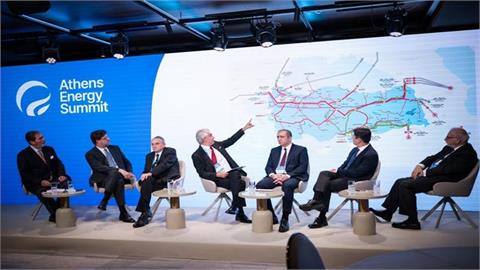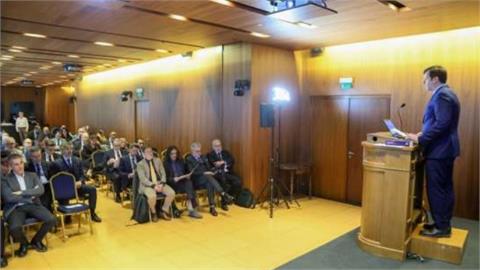Energy subsidies and government interventions refer to specific initiatives to keep prices for consumers below market levels (e.g. reduced tax rates on road transport fuels) or for producers above market levels (e.g. feed-in tariffs), or to reduce costs for consumers or producers by granting specific benefits
Energy subsidies and government interventions refer to specific initiatives to keep prices for consumers below market levels (e.g. reduced tax rates on road transport fuels) or for producers above market levels (e.g. feed-in tariffs), or to reduce costs for consumers or producers by granting specific benefits. Energy subsidies may be made by means of direct cash transfers to producers or consumers, as well as indirect support mechanisms (e.g. tax exemptions and tax credits), or even market-based mechanisms providing cross-subsidies between economics actors (e.g. white certificate markets for energy efficiency, electricity capacity mechanisms).
The Monthly Analysis of June 2023, which is available here, tries to shed light on the latest developments in terms of energy subsidies in both Europe and SE Europe, highlighting an overview of the different policies used by countries at national level to mitigate the effect of the price spike for consumers and how feasible is to abolish them shortly.
The European Commission has asked EU member states to start phasing out the huge energy support measures, in an attempt to restore budget rules three years after the coronavirus pandemic erupted. The surge in energy prices in 2021 and 2022 due to the energy crisis, additionally fueled by Russia’s attack on Ukraine, forced the countries of the European Union to implement fiscal policy measures with sizable costs, while helped households and firms to cope with the high costs of electricity and natural gas.
According to the European Commission, more than 70% of the amount dedicated to energy support in 2022 corresponded to measures that were not sufficiently targeting the most vulnerable households and firms. Furthermore, two thirds have distorted the price signal and may have reduced incentives to contain energy consumption and aim for increased energy efficiency.
The attempt to eradicate energy subsidies is a difficult issue and the European countries, including SE Europe, should be careful in the termination of support measures and phase out the least targeted ones first. The Commission reiterated its long standing position that the best cure for the energy crisis is to reduce dependence on imported fossil fuels, invest in energy efficiency, diversify energy supply and accelerate the development of renewables.




